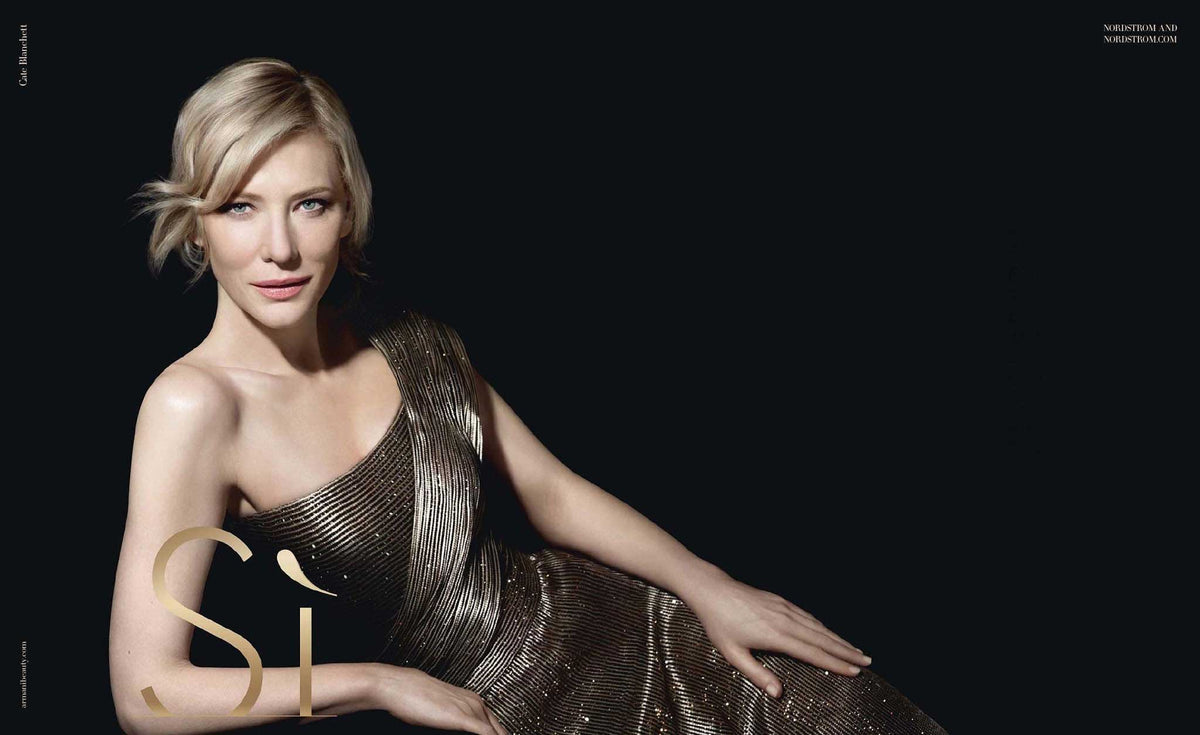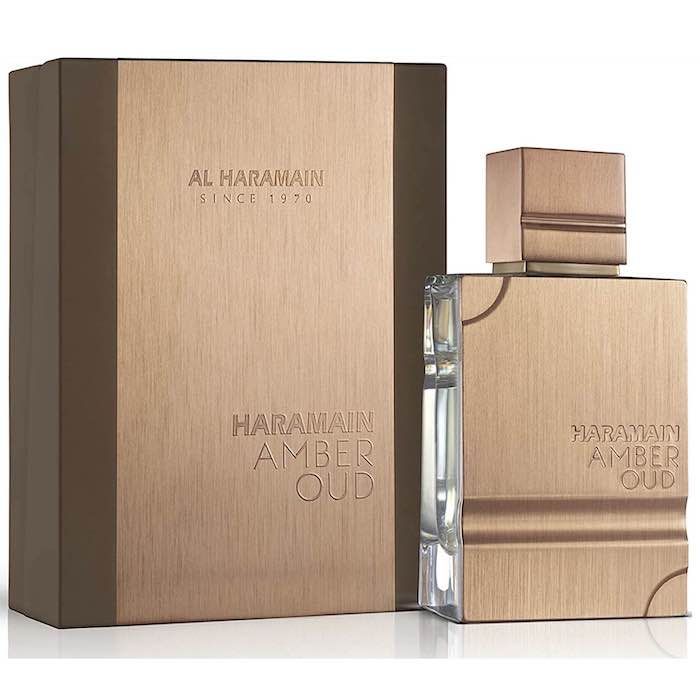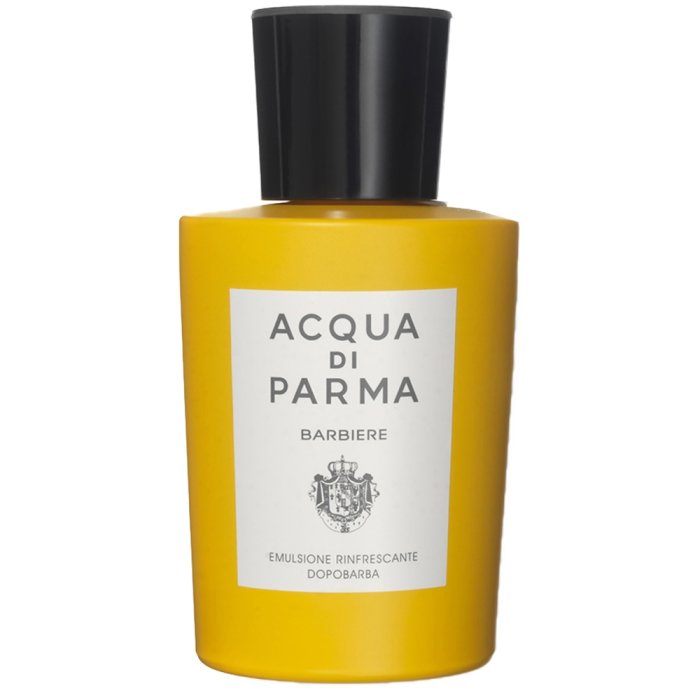When shopping for fragrances, you’ve likely come across terms like Eau de Parfum (EDP) and Eau de Toilette (EDT). While these labels may seem confusing, understanding the difference is essential for selecting the right perfume for your needs. The concentration of aromatic compounds, longevity, and intensity all vary between EDP and EDT, impacting how a fragrance performs on your skin. In this guide, we’ll break down the differences, provide tips for choosing the right type, and explain why the choice matters.
What is Eau de Parfum?
Eau de Parfum typically contains 15–20% fragrance oil, making it more concentrated than Eau de Toilette. This higher concentration offers:
-
Longer Longevity: EDP usually lasts 6–8 hours or more on the skin.
-
Stronger Sillage: The scent projects further, making it noticeable to others.
-
Richer, More Complex Aroma: Notes evolve over time, creating depth and character.
EDPs are perfect for evening wear, special occasions, and colder months, when a bolder scent is desirable. Popular examples include Chanel Coco Mademoiselle, Dior J’adore, and Tom Ford Black Orchid.
(Image Suggestion: Elegant EDP bottles arranged on a vanity)
ALT TEXT: Collection of Eau de Parfum bottles showcasing rich fragrances with long-lasting aroma.
What is Eau de Toilette?
Eau de Toilette generally contains 5–15% fragrance oil, making it lighter and more subtle than EDP. Key characteristics include:
-
Shorter Longevity: Lasts about 3–5 hours, ideal for daytime wear.
-
Subtle Sillage: Creates a gentle scent trail, less overpowering.
-
Crisp, Fresh Aroma: Often emphasizes top and middle notes, providing a refreshing experience.
EDTs are ideal for office wear, casual outings, and summer days, when a lighter fragrance is preferable. Popular examples include Dolce & Gabbana Light Blue, Versace Dylan Blue, and Chanel Allure Homme.
(Image Suggestion: Collection of EDT bottles with a light, airy background)
ALT TEXT: Assorted Eau de Toilette bottles highlighting lighter, fresher fragrances suitable for daytime use.
How to Choose Between EDP and EDT
Selecting the right fragrance type depends on several factors:
-
Occasion: EDPs for formal or evening events, EDTs for casual or daily wear.
-
Climate: Lighter EDTs work well in hot weather, while EDPs are better for cooler climates.
-
Personal Preference: Some people prefer the intensity of an EDP, while others enjoy the subtlety of an EDT.
-
Budget Considerations: EDPs are usually more expensive due to higher concentration, while EDTs offer a more affordable option.
Longevity and Layering
While EDPs naturally last longer, layering can enhance EDT longevity. Apply EDT over unscented body lotion or use matching shower gels to make the scent more prominent. Pulse points such as wrists, neck, and behind ears help maximize fragrance impact.
Understanding Fragrance Notes
Both EDP and EDT have top, middle, and base notes, but the balance differs:
-
EDP emphasizes base notes, giving a deep, lingering aroma.
-
EDT highlights top and middle notes, offering a fresher, more immediate scent experience.
This is why the same fragrance can smell slightly different depending on whether you choose EDP or EDT. For instance, Chanel Chance EDT smells lighter and more floral than its EDP counterpart, which feels warmer and more intense.
Tips for Storing EDP and EDT
Proper storage preserves fragrance quality and longevity:
-
Keep Away from Sunlight – UV rays can degrade aromatic compounds.
-
Store in a Cool, Dry Place – Avoid humidity and heat.
-
Keep Bottles Upright – Prevents leakage and maintains integrity.
-
Avoid Frequent Cap Removal – Limits oxidation and evaporation.
Combining EDP and EDT
Some perfume enthusiasts like to mix EDP and EDT versions of the same fragrance. Layering allows you to:
-
Customize intensity
-
Highlight specific notes
-
Extend overall longevity
This approach works particularly well for fragrances with complementary profiles, enhancing the scent experience.
Final Thoughts
Understanding the difference between Eau de Parfum and Eau de Toilette is key to curating a perfume collection that suits your lifestyle, occasions, and personal preferences. EDP offers intensity, longevity, and complexity, while EDT provides freshness, subtlety, and versatility. Choosing the right type ensures you always smell your best and make the most of your fragrance investment.






0 comments